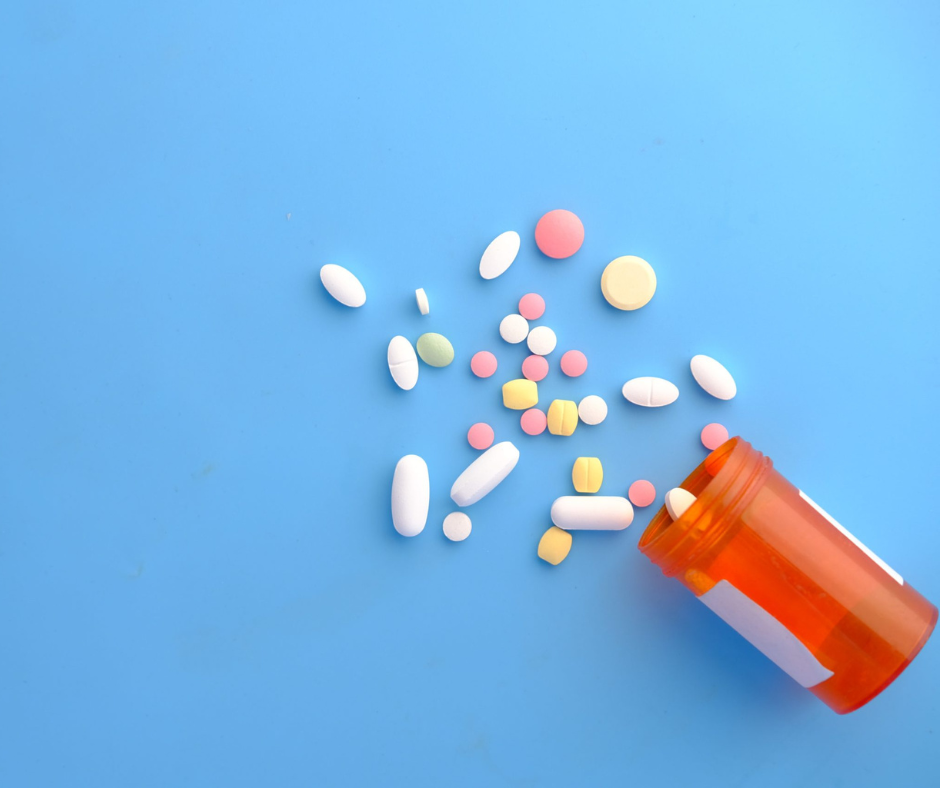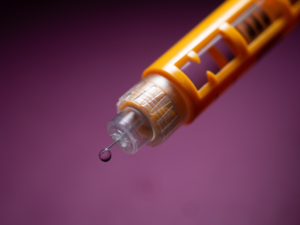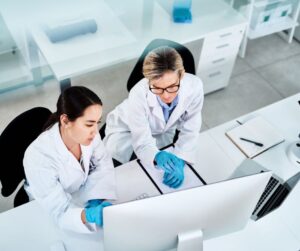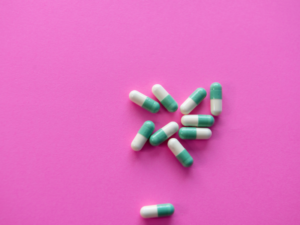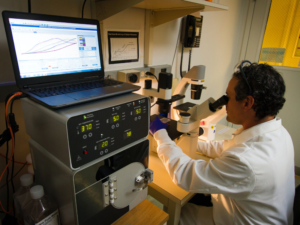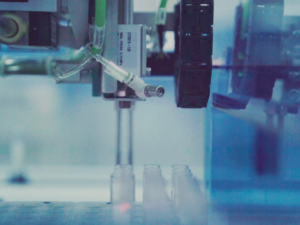Background and History
Biological products or biologics are typically large, complex molecules made within a living system, such as an animal cell. Biologics are used to diagnose, prevent, treat, and cure diseases or medical conditions. Examples of biologics include therapeutic proteins like pegfilgrastim or monoclonal antibodies such as bevacizumab. In 2009, US Congress created a pathway for the abbreviated licensure of biologics that were demonstrated to be “biosimilar” with an already approved Food and Drug Administration (FDA) biological product. Biosimilar products are highly similar to a reference product (the existing approved FDA biologic) with no clinically meaningful differences between the two therapies. This pathway was created through the Biologics Price Competition and Innovation Act (BCPI Act) in hopes of allowing for more treatment options, better access to lifesaving therapies, and possibly lowering healthcare costs. In 2015, the United States was introduced to its first approved biosimilar product. Since then, biosimilar therapies have multiplied to a total of 29 FDA-approved biosimilar therapies mostly within the field of oncology.
Biosimilars and Generic Medications
Biosimilar and generic medications are both versions of brand-name drugs approved through abbreviated pathways; however, biosimilars are not the same as generic drugs. A generic medication contains the same active ingredient and is an identical version of the original brand-name medication. Since biologic therapies are so complex, the exact copy is difficult to recreate. Biosimilars will have the same active component as the reference product but may have minor differences in the clinically inactive components.
Biosimilar Approval Process
The approval process for a biosimilar must begin with a reference product which is a pre-existing, FDA-approved therapy. Manufacturers of a new biosimilar must ensure that the new product utilizes the same mechanism of action, route of administration, dosage form, and strength of the reference product. Furthermore, manufacturers must establish there are no clinically meaningful differences between the biosimilar and reference product in terms of safety (adverse effects) and effectiveness. While biosimilar therapies do not need to conduct as many extensive clinical trials as the reference product, the process for FDA approval is just as rigorous. Biosimilars are made in FDA-licensed facilities and are continuously monitored after they have reached the market. Once approved, the biosimilar product will include four lowercase letters after the name of the medication letting you know that it is biosimilar. For example, bevacizumab is the reference product and bevacizumab-bvzr is its biosimilar.
Discussion with Patients
From clinical experience, many patients may question starting a biosimilar therapy because of the notion that biosimilars are “inferior.” When counseling a patient on a biosimilar, I find it imperative to focus on the advantages of the new therapy. Discussing the robust clinical efficacy and safety of biosimilars in addition to how other patients have responded (if applicable) should be the focus of the conversation. Patients who are still reluctant to the biosimilar treatment may be directed to online resources and guidance from groups such as the FDA or American Society of Clinical Oncology (ASCO). Overall, education is key in making informed, patient-centered decisions about their care. Undoubtedly, all physicians, nurses, and pharmacists alike serve as vital components to guiding patients through the transition.
- Biosimilars. FDA website. https://www.fda.gov/drugs/therapeutic-biologics-applications-bla/biosimilars. Updated February 3, 2020. Accessed May 10, 2021.
- Biosimilar and interchangeable products. FDA website. https://www.fda.gov/drugs/biosimilars/biosimlar-and-interchangeable-products. Updated October 23, 2017. Accessed May 10, 2021.
- Biosimilar product regulatory review and approval. FDA website. https://www.fda.gov/media/108621/download. Accessed May 10, 2021.
- Biosimilar development, review, and approval. FDA website. https://www.fda.gov/drugs/biosimilars/biosimilar-development-review-and-approval. Updated October 20, 2017. Accessed May 10, 2021.
- Generic drug facts. FDA website. https://www.fda.gov/drugs/generic-drugs/generic-drug-facts#:~:text=A%20generic%20drug%20is%20a,%2C%20quality%2C%20and%20performance%20characteristics. Updated June 1, 2018. Accessed May 5, 2021.
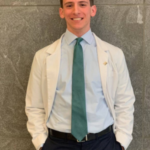
Justin Musco
2021 Graduate of the University of Pittsburgh School of Pharmacy – 2021-2022 PGY1 Resident: UPMC Magee Women’s Hospital in Pittsburgh, PA

